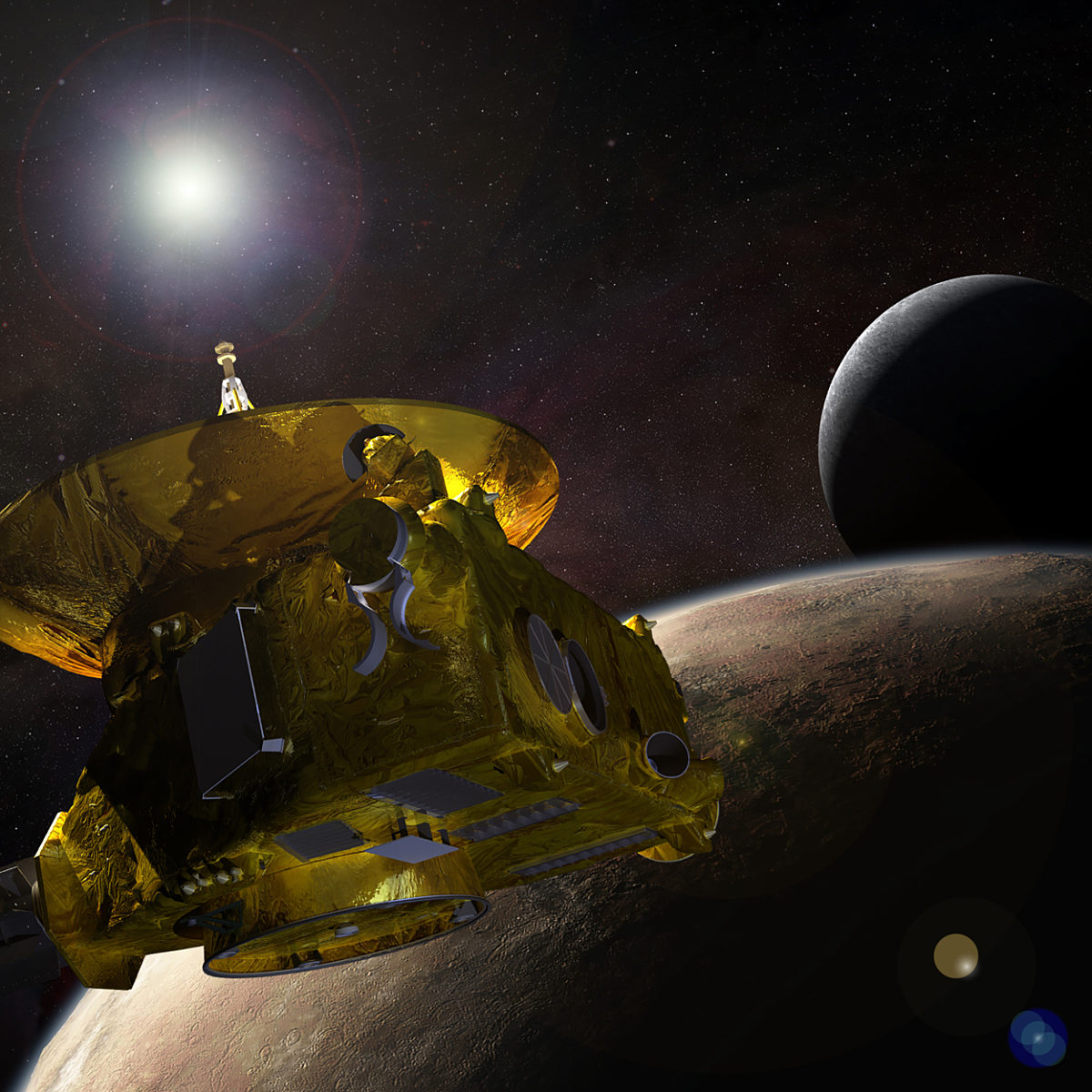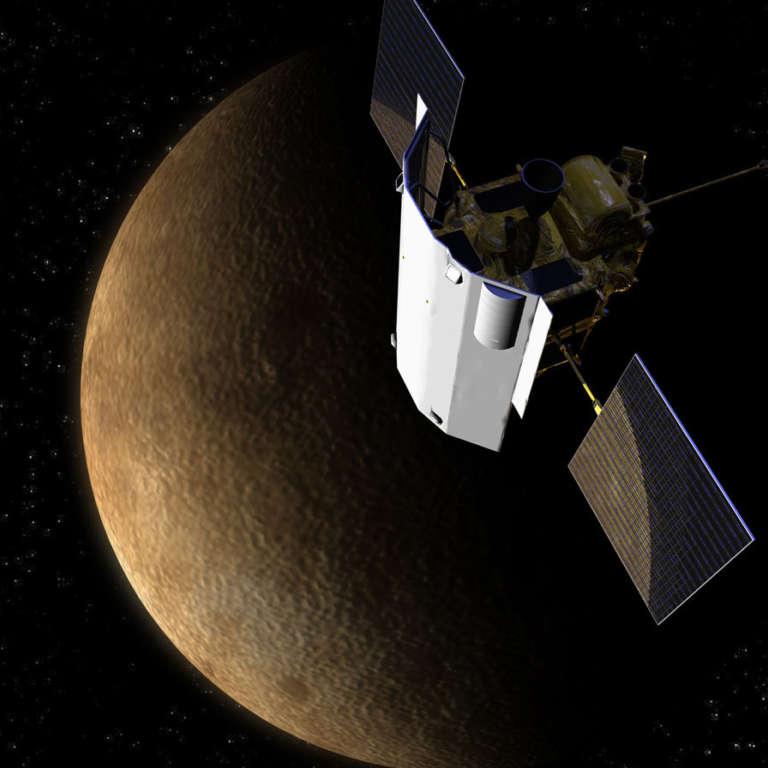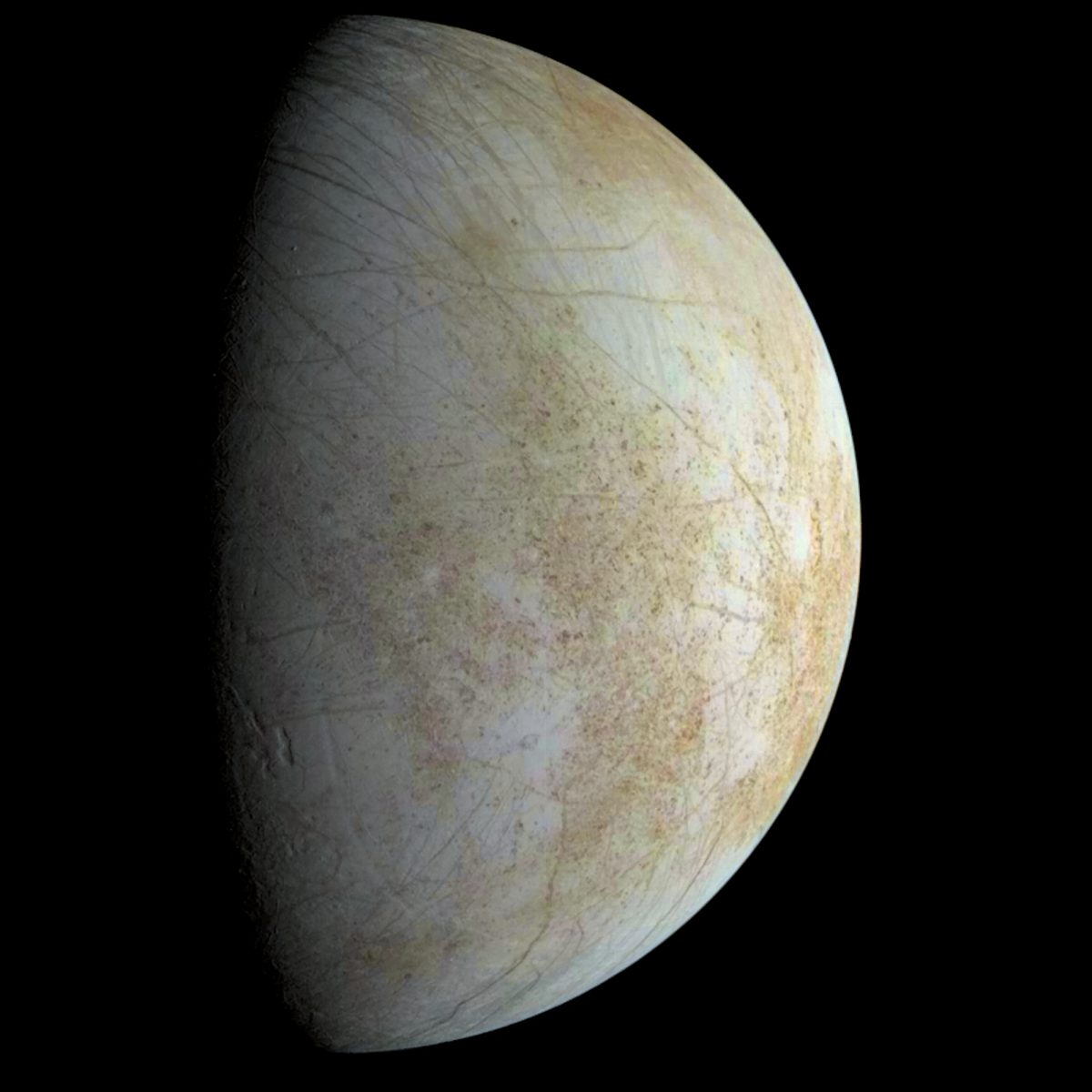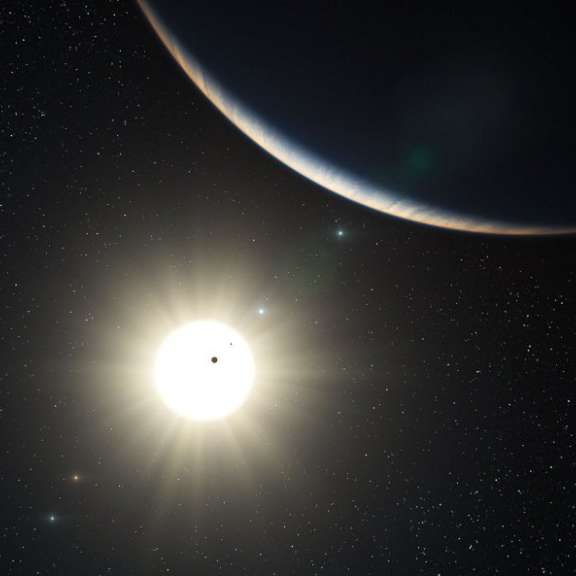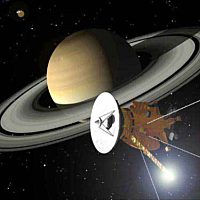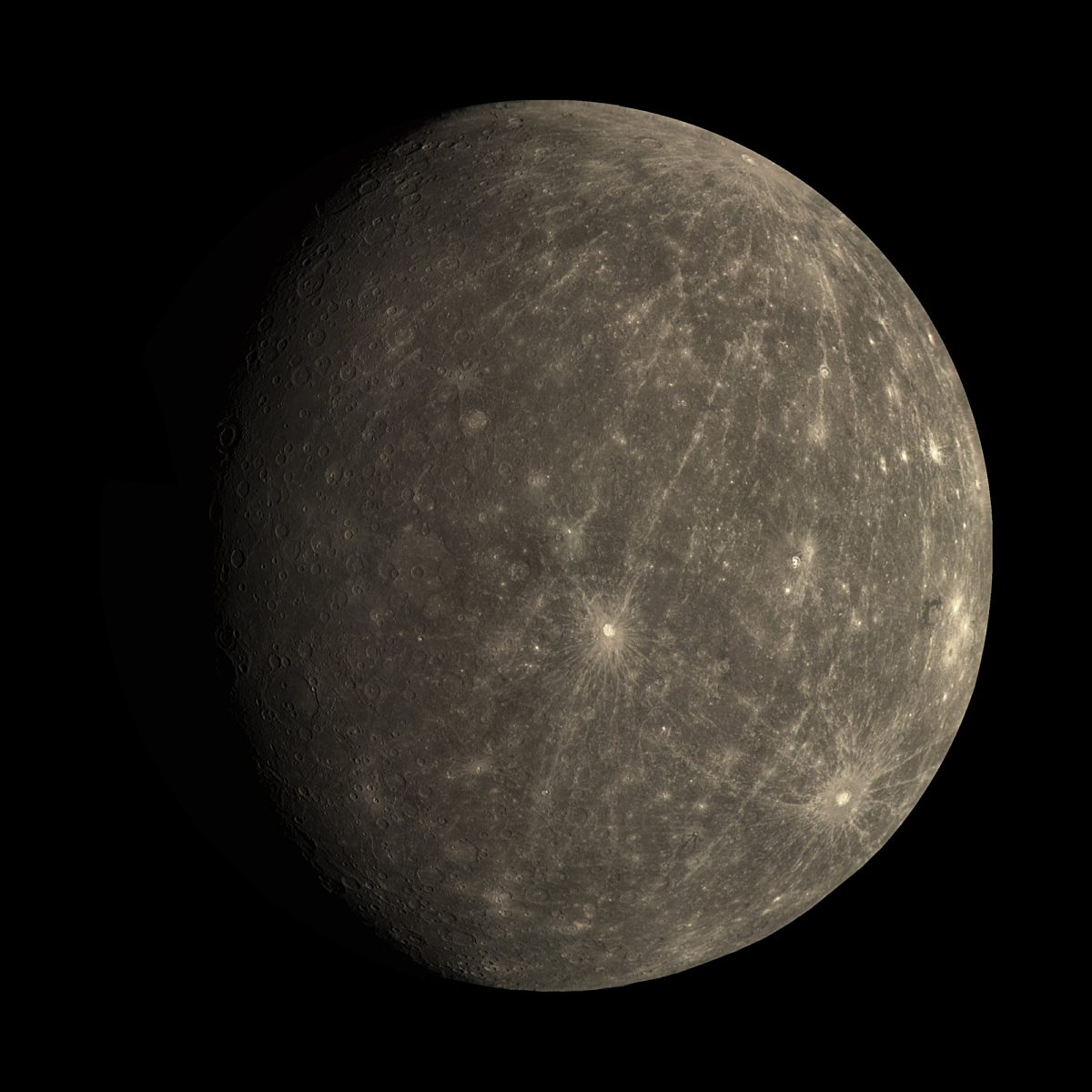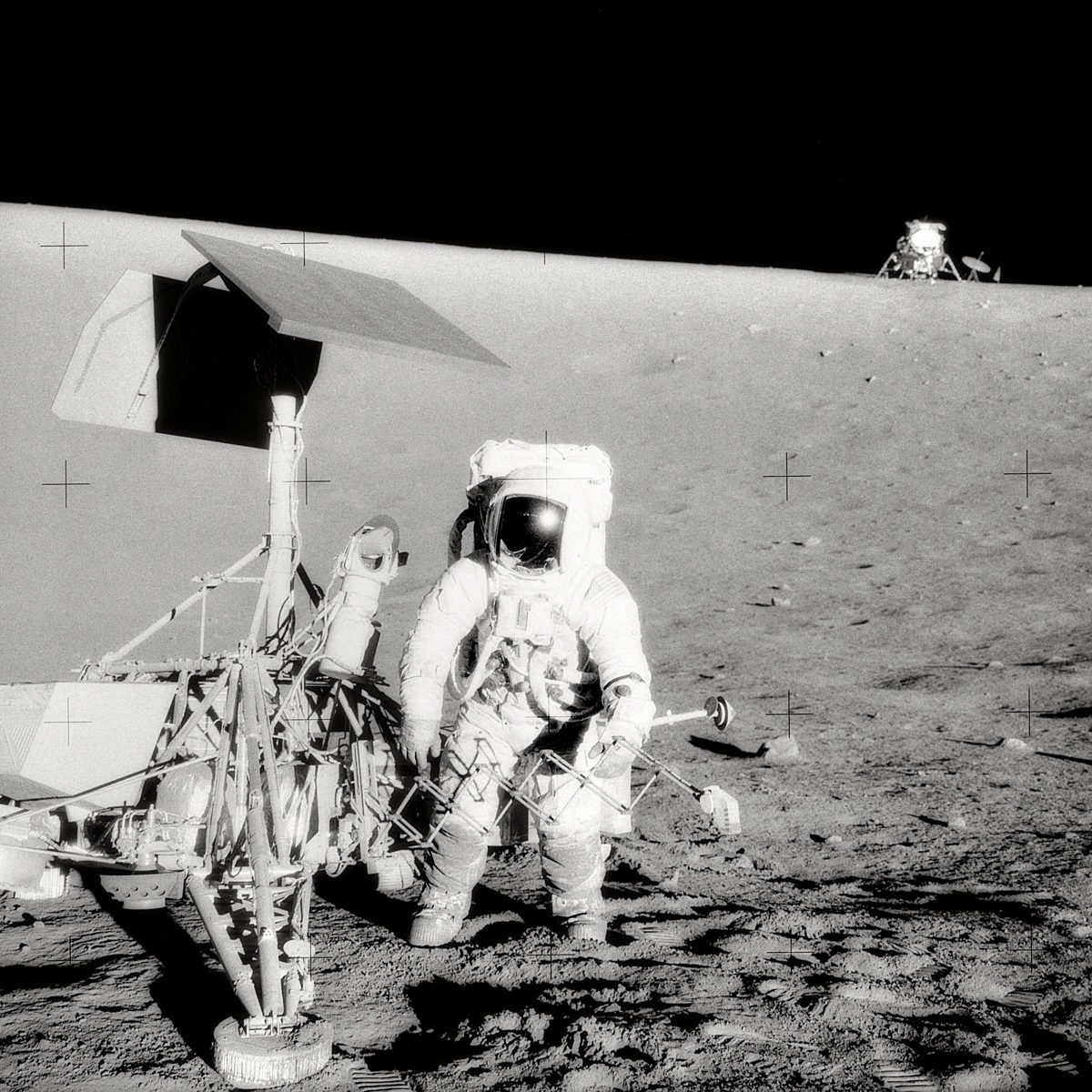Since 2002, Planetary Radio has visited with a scientist, engineer, project manager, advocate, or writer who provides a unique perspective on the quest for knowledge about our Solar System and beyond. The full show archive is available for free.
Search Planetary Radio
Explore Mars revealed the 2015 Humans to Mars Report at a recent conference in Washington. CEO Chris Carberry gives us a quick tour of this inspiring assessment of what it will take to get more than robots to the Red Planet.
It’s the biggest dwarf planet between here and Pluto, and it has a new permanent resident. The Dawn spacecraft is orbiting Ceres in the asteroid belt, revealing it as never before. What are those bright spots anyway? We spend time with Dawn’s Chief Engineer and Director, Marc Rayman.
Humankind’s arrival at Pluto is barely two months away. The science and images have already started to flow from New Horizons, according to the mission’s Principal Investigator, Alan Stern. Alan returns to Planetary Radio this week.
We open with the countdown to destruction—the MESSENGER spacecraft’s impact on Mercury ended its spectacularly successful mission. Principal Investigator Sean Solomon joins us immediately after this big finish.
6,000 job-seekers came to the new Long Beach, California home of Virgin Galactic’s LauncherOne rocket on a recent morning. We sit down with CEO George Whitesides for a conversation about this new effort and the return of SpaceShipTwo.
We’ll visit the Jet Propulsion Lab on its Icy Worlds Day to learn more about spacecraft exploring Ceres, Enceladus and Europa from leaders of these missions.
Joe Liske, host of Hubblecast, is also the top scientist on the European Southern Observatory’s European Extremely Large Telescope (E-ELT), now under construction on a Chilean mountaintop. “Dr. J” tells us what this largest ever telescope will help us discover.
Not just the air. Where is the water that was plentiful on the red planet billions of years ago? MAVEN may help answer these questions. Principal Investigator Bruce Jakosky reports on the early, exciting science data.
MIT planetary scientist and astrophysicist Sara Seager is on a quest. She wants to find a warm, wet exoplanet with signs of life. It could be Earth 2.0.
NASA’s Orion spacecraft has taken its first step toward Mars and an asteroid mission. The Planetary Society’s Jason Davis was at the Kennedy Space Center for the December 5 mission.
Spoiler alert. Famed physicist Kip Thorne says you might be able to survive a plunge into a black hole after all! That’s just one molecule of the fascinating science behind the science fiction film he helped create. We’ll talk about the movie and Kip’s new book, “The Science of Interstellar.”
Cassini is safe! Project scientist Linda Spilker returns with a regular update on Saturn, its moons and rings not long after learning that the mission is funded through its 2017 plunge into the planet.
If there’s life on Mars, it’s probably deep beneath the surface. That’s just one reason we need a tool like Planetary Deep Drill on the red planet and other mysterious worlds around our solar system. Honeybee Robotics’ Kris Zacny introduces us to the innovative prototype.
MESSENGER has been orbiting the innermost planet for more than three-and-half-years. Principal Investigator Sean Solomon returns with a status report as the mission enters its final phase.
The latest guest of the Red Planet arrived in orbit on the evening of September 22, 2014. Planetary Radio Live was watching with fingers crossed in Pasadena, California.
They have generated excitement, enthusiasm and support throughout the world. The ISEE-3 Reboot Project has succeeded in gaining control over the 36-year old spacecraft, but will they be able to move it?
The National Research Council released its long-awaited report June 4th. Distinguished space policy analyst John Logsdon returns to Planetary Radio with his take on this latest attempt to determine the proper role of humans in space.
NASA has just published
Opportunity has been rolling across Mars for 10 years! We celebrate the Mars Exploration Rovers and their sisters on the red planet at Planetary Radio Live, this week featuring MER Principal Investigator Steve Squyres. Emily Lakdawalla and Bill Nye join Mat in front of a capacity crowd at Southern California Public Radio’s Crawford Family Forum. Bruce Betts closes the show with a live Random Space Fact and rover trivia contest.
24 spacecraft are either busy exploring the solar system or speeding toward an exciting destination. The Planetary Society's Senior Editor takes us on a whirlwind advance tour.


 Explore Worlds
Explore Worlds Find Life
Find Life Defend Earth
Defend Earth




